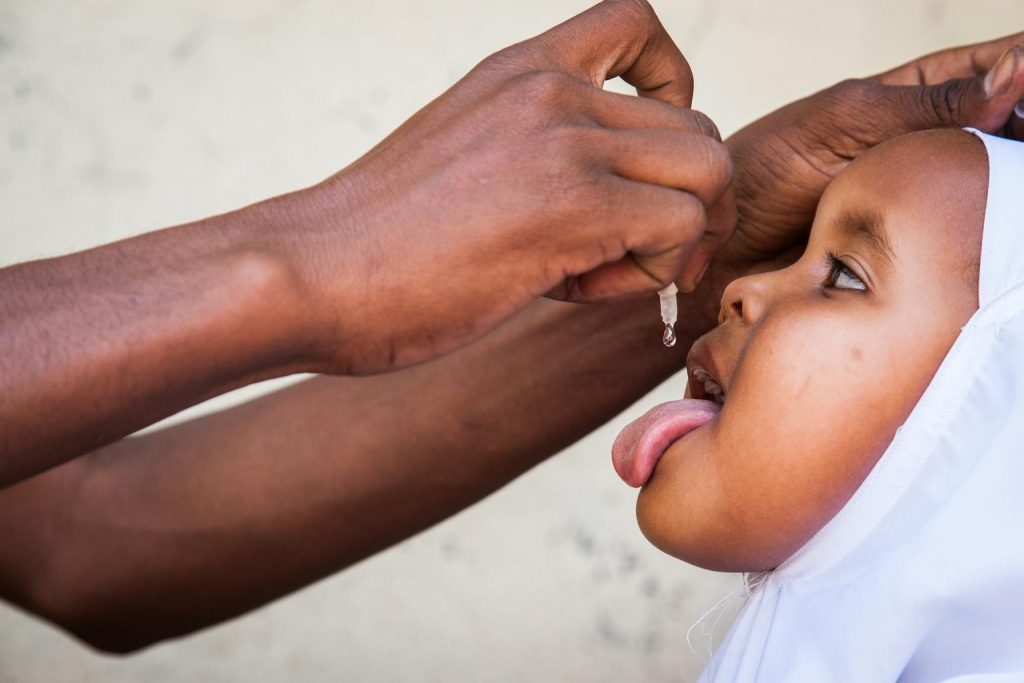Recent research in two Cholera-endemic communities of Zanzibar has shown that a majority (94%) of the adult population was willing to receive free oral Cholera vaccines (OCVs). Since OCV uptake in the 2009 campaign reached only 50% in these communities, an evaluation of social and cultural factors and of barriers was conducted to understand this difference for future Cholera control planning.
A random sample of 367 adult peri-urban and rural community residents (46.6% immunized vs. 53.4% unimmunized) was studied with a semi-structured interview that inquired about social and cultural features of Cholera depicted in a vignette and barriers to OCV uptake. Symptoms (rectal pain, loose skin only in rural community) and perceived causes (uncovered food, contact with contaminated water) specific for severe diarrhea were associated with uptake. Purchasing drugs from pharmacies to stop diarrhea and vomiting was negatively associated with uptake. Increasing household size, age and previous enteric illness episode were positively related to uptake, the latter only at the rural site. The most prominent barrier to uptake was competing obligations or priorities (reported by 74.5%, identified as most important barrier by 49.5%). Next most prominent barriers were lacking information about the campaign (29.6%, 12.2%), sickness (14.3%, 13.3%) and fear of possible vaccine side effects (15.3%, 5.6%). The majority of unvaccinated respondents requested repetition of the vaccination with free OCVs.
Factors associated with uptake indicated a positive impact of the vaccination campaign and of sensitization activities on vaccine acceptance behavior. Unlike communities opposed to Cholera control or settings where public confidence in vaccines is lacking, identified barriers to uptake indicated a good campaign implementation and trust in the health system. Despite prospects and demand for repeating the vaccination, local decision-makers should reconsider how careful logistical arrangements may improve community coverage and thus effectiveness of vaccination campaigns



